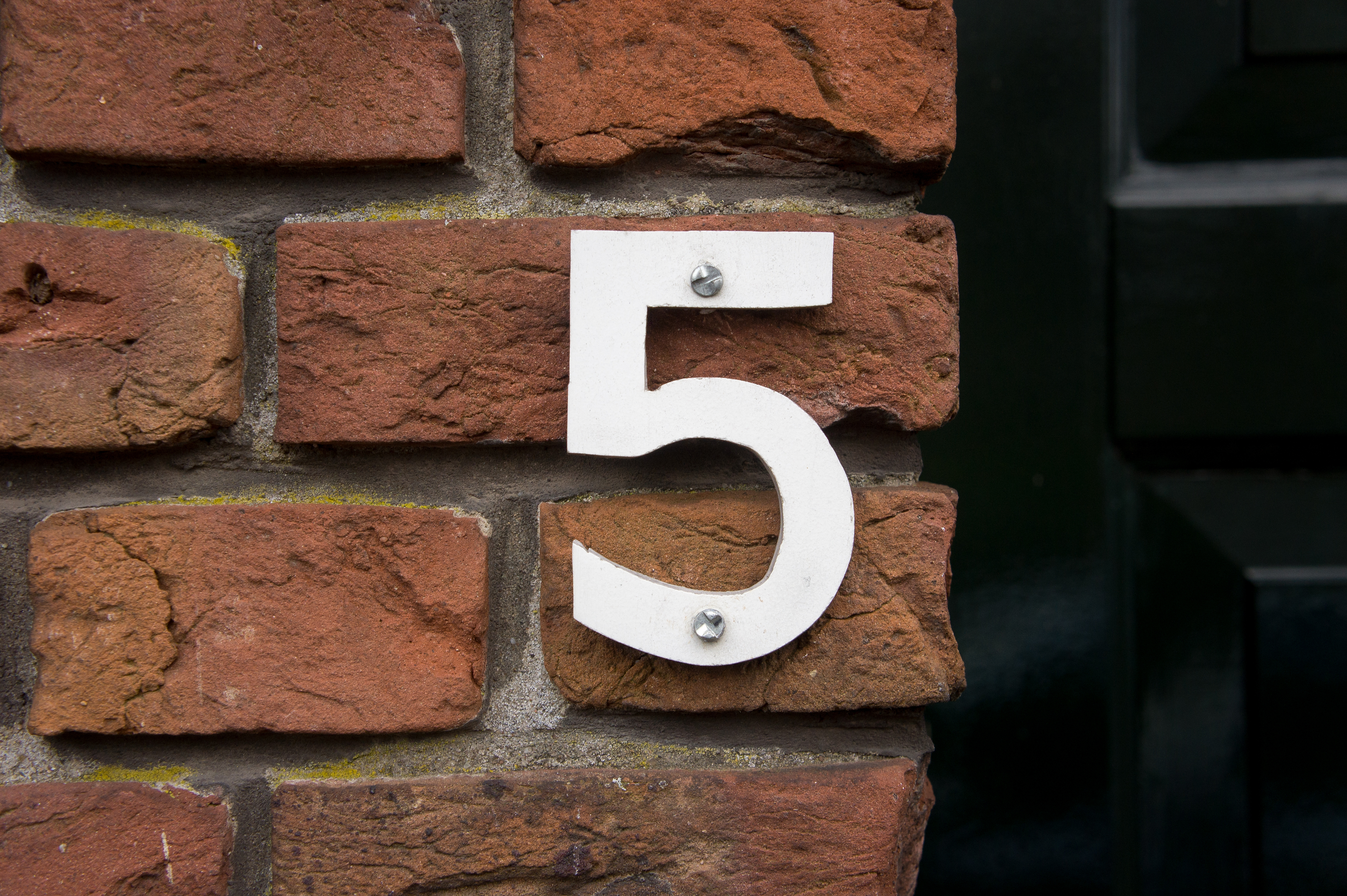 Welcome to The Cloud 5, our weekly feature where we scour the web searching for the five most intriguing and poignant cloud links we can find.
Welcome to The Cloud 5, our weekly feature where we scour the web searching for the five most intriguing and poignant cloud links we can find.
Before we jump into this week’s links, please have a look at one of our recent blog posts, Smart cars require smarter cities, and the cloud should have a big role. Even though smart cars will likely require computing at the edge, cloud computing could still have a big role in smart cities.
And without further delay, here we go with this week’s links:
Google says its cloud now brings in $1 billion per quarter | CNBC
In its earnings call with analysts yesterday afternoon, Google revealed for the first time that it is bringing in a billion dollars per quarter in combined cloud revenue. That includes G Suite and Google Cloud Platform.
Microsoft’s cloud bet continues to pay off in latest earnings | The Verge
Microsoft has been flying high under the leadership of Satya Nadella, and a big reason for that is the company’s focus on the cloud. In its earnings report this week, the company continued to report brisk cloud growth.
Red Hat acquires CoreOS for $250 million to double down on Kubernetes | Venturebeat
In a deal that combined two companies focused on commercializing open source software, Red Hat acquired CoreOS for $250 million this week. The move gives Red Hat a broad Kubernetes solution set for enterprise customers.
SAP goes big on cloud with $2.4 billion buy of Callidus | Fortune
SAP took a big plunge into SaaS this week when bought CallidusCloud $2.4 billion. Callidus sells quote to cash and sales performance software in the cloud. The acquisition gives SAP a foray into SaaS sales tools, where it could compete with Salesforce, Oracle, and Microsoft.
Cloud computing: Now as vital as power, transport and fresh water? | ZDNet
When I first learned about cloud computing a decade ago, someone compared computing to electricity. Just as I wouldn’t own my own power plant, I don’t need to run my own data center. Perhaps cloud has become so ubiquitous keeping it running has become as crucial as power, transportation, and fresh water — at least according to a new directive from the European Union.
